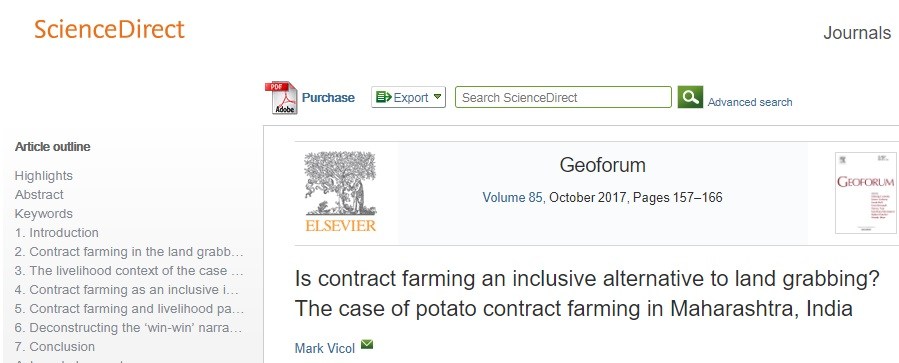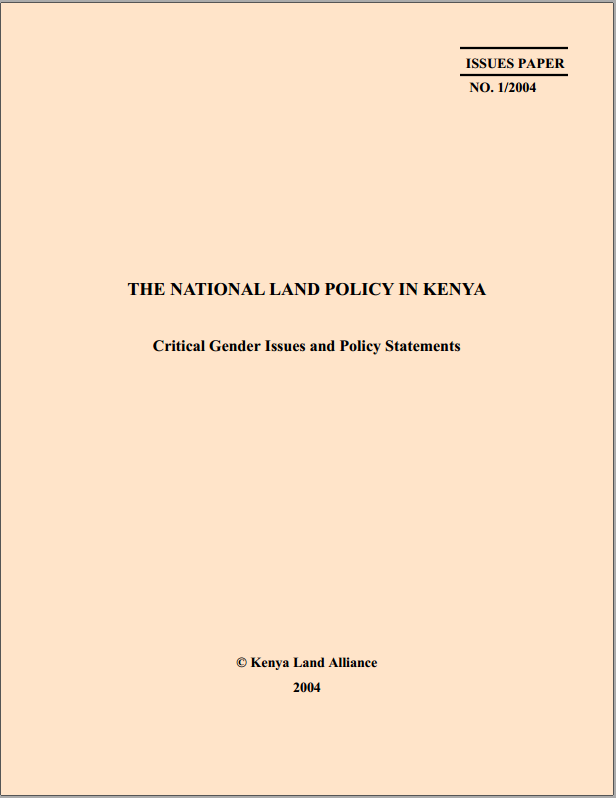Ministerial Decree No. 177 of 1992 regarding the validation of the form of Certificate of land ownership, Contract of tenancy for agricultural land, Contract of temporal leasehold of agricultural land.
This Decree establishes that the forms of Certificate of landownership can be used provisionally, till the issues of the state legal form, as a document for lifelong ownership valid for inheritance and limitless (permanent) land lease. This Decree validates the forms of Certificate of landownership, Contract of tenancy for agricultural land, Contract of temporal leasehold of agricultural land. The forms of these documents are supplied in Annexes.








